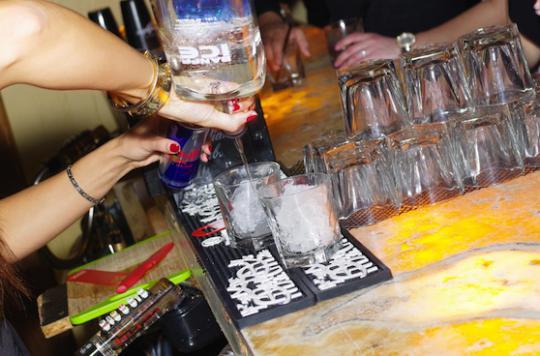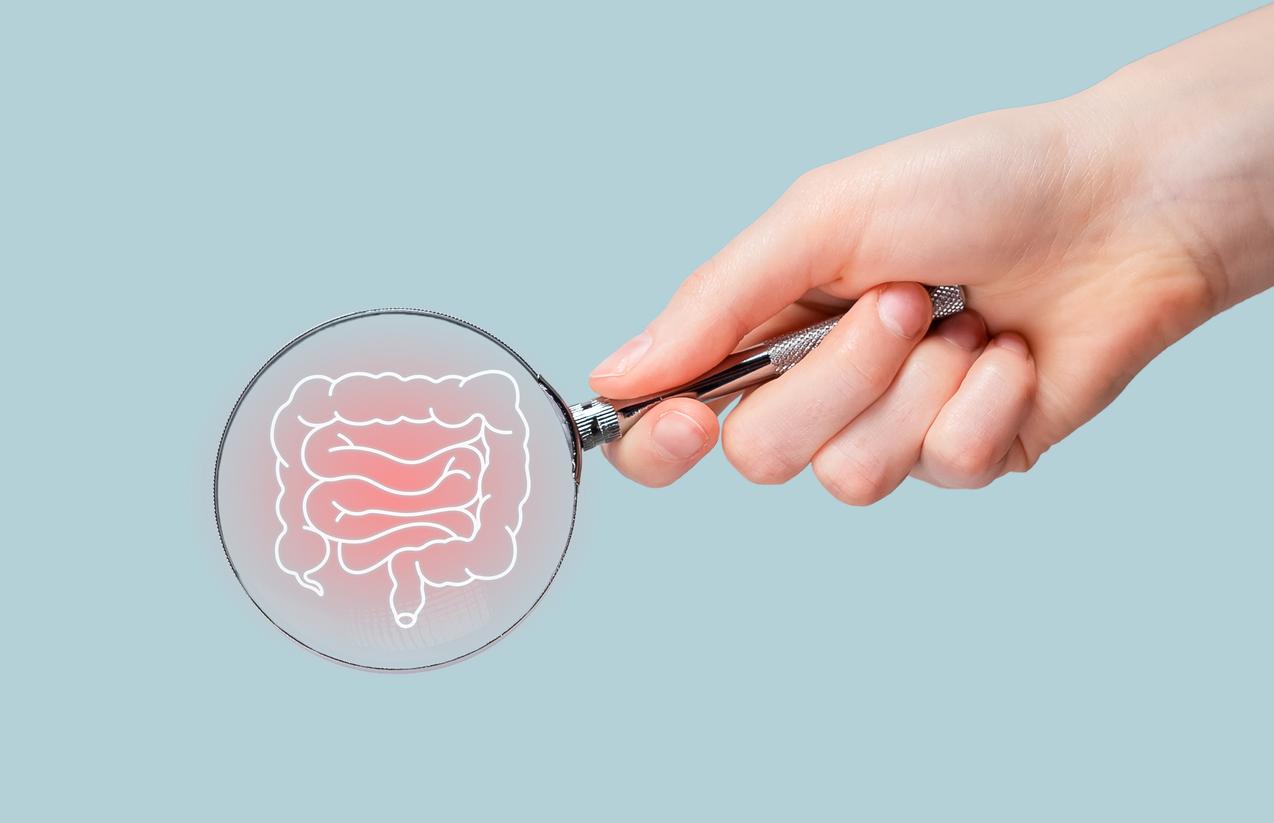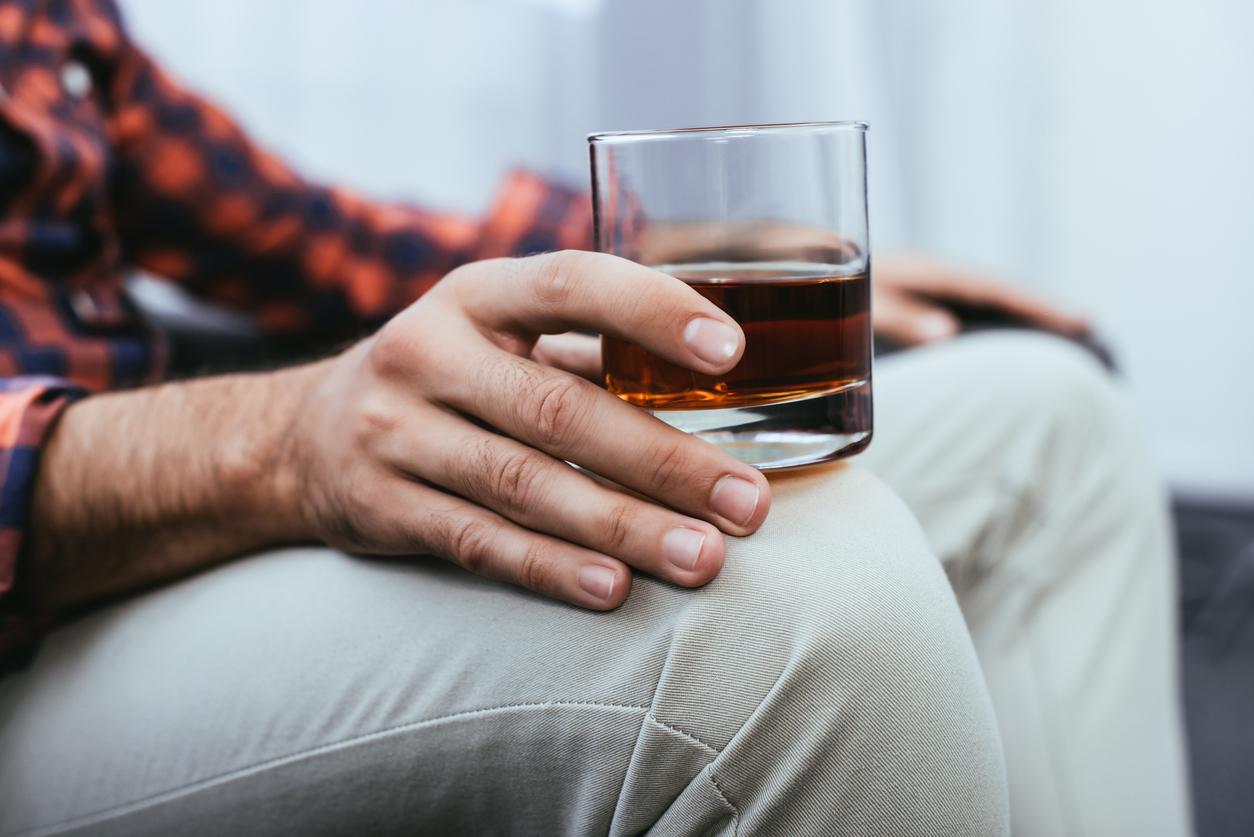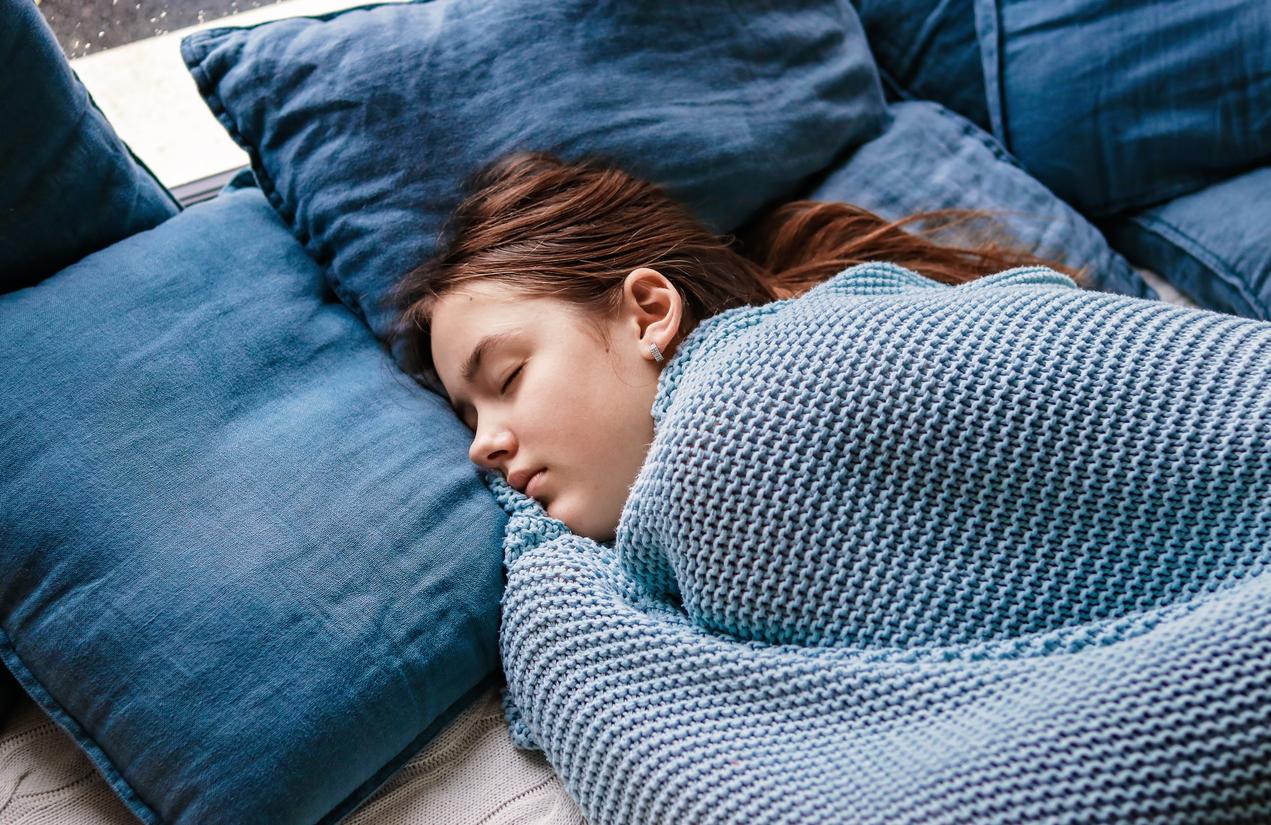Alcohol-energy drink mixes increase the risk of binge drinking in adolescents.

Alcohol-energy drinks cocktails are a huge success among young people. These mixtures present, however, many dangers. They are associated with excessive alcohol consumption in adolescents, according to a study published last week in Journal of Pediatrics.
A dangerous combination
Researchers at the Geisel School of Medicine in Dartmouth (USA) selected more than 3,300 young people aged 15 to 23 across the country. They found that almost 10% of teens aged 15 to 17 consume alcohol-energy drink mixtures. A combination that considerably increases the risk of “binge drinking” or “express drinking”. Indeed, they are 4 times more likely to abuse alcohol than those used to drinking alcohol alone.
“These results are worrying,” comments Jennifer Emond, author of the study. They highlight that the mixture of alcohol and energy drinks could indicate the development of excessive consumption in adolescents. “
Incitement to drunkenness
Numerous studies have shown that these mixtures promote risky behavior. By reducing the perception of the effects caused by alcohol, energy drinks such as Red Bull, Monster or Burn promote excessive consumption and intoxication. This phenomenon is thought to be due to a reaction between alcohol and the caffeine contained in these drinks. As a result, consumers drink more without realizing they are drunk.
“Alcohol abuse among adolescents is a risky behavior that can lead to physical injury, chronic and heavy drinking, and even death,” says Emond. Identifying those who are most at risk is crucial. Considering that the problem is delicate, the doctors, the parents or the professors could approach the subject starting with the energy drinks ”
In a future study, researchers will analyze the influence of marketing on adolescents. A target increasingly targeted by the industry which multiplies the advertisements, heady slogans and strategies to improve its image. In 2013, theFrench National Food Safety Agency (ANSES) called for better supervision of advertising, in particular that aimed at children and young people. In Lithuania, the sale of these drinks has been prohibited to minors.
.

















